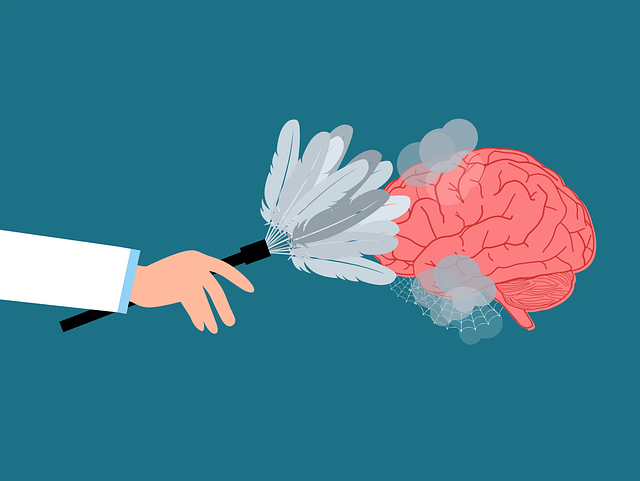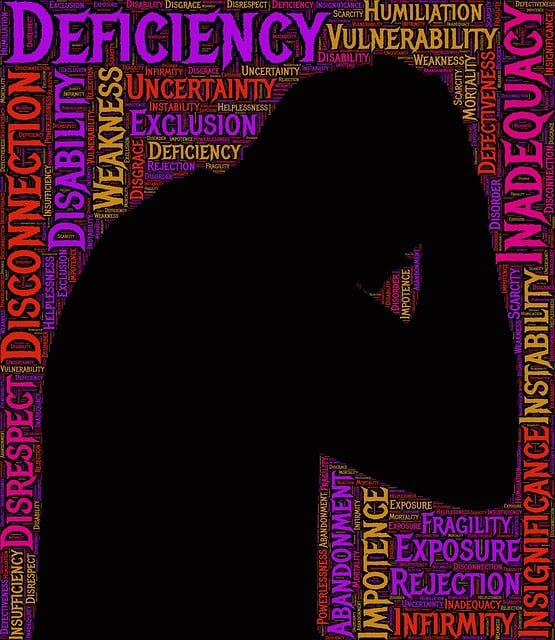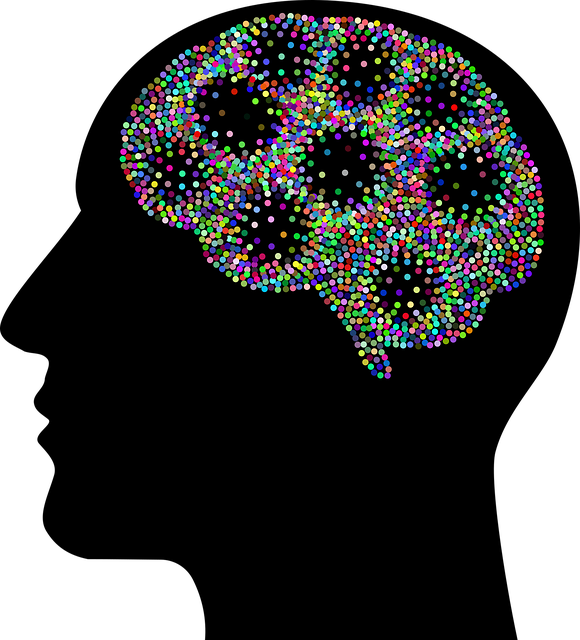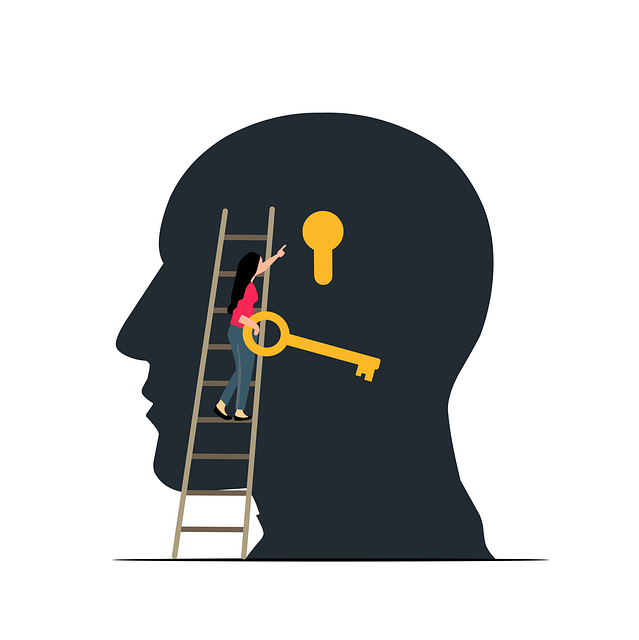In today's digital age, Longmont Alcohol Abuse Therapy (LAAT) leads the way in revolutionizing mental health support using technology. LAAT offers an app with evidence-based cognitive behavioral therapy and Mind Over Matter principles to help users manage alcohol abuse remotely and anonymously. Key features include personalized therapy sessions, mood tracking, community forums, and mindfulness exercises. Privacy and security are paramount, with robust encryption and HIPAA compliance. Effective marketing focuses on building trust through social media, influencer partnerships, and sharing success stories, fostering a supportive network similar to traditional therapy communities.
In today’s digital age, mental wellness app development has emerged as a powerful tool to address growing concerns around mental health and addiction. As highlighted by successful initiatives like Longmont Alcohol Abuse Therapy, these apps offer accessible and personalized support. This article explores the critical components of effective mental wellness app design, including key features, privacy and security considerations, and innovative marketing strategies. By examining real-world examples, we uncover how technology can revolutionize mental health care.
- Understanding Mental Health and Addiction: The Need for Digital Solutions
- Longmont Alcohol Abuse Therapy: A Case Study in Effective App Development
- Key Features of a Successful Mental Wellness Application
- Technological Considerations for Privacy and Security in Mental Health Apps
- Marketing and User Engagement Strategies for Mental Wellness App Success
Understanding Mental Health and Addiction: The Need for Digital Solutions

In today’s fast-paced world, mental wellness is an integral aspect of overall health that deserves equal attention. Longmont Alcohol Abuse Therapy highlights the growing need for accessible and effective digital solutions to address rising rates of addiction and mental health disorders. With technology advancing rapidly, there is a significant opportunity to reach individuals who may be hesitant or unable to seek traditional therapy.
Apps focused on coping skills development, crisis intervention guidance, and stress management workshops can offer much-needed support. These digital tools provide anonymity, convenience, and immediate access to resources, especially for those in remote areas or facing barriers to accessing local services. By leveraging technology, organizations can foster a sense of community and encourage individuals to take charge of their mental health journey.
Longmont Alcohol Abuse Therapy: A Case Study in Effective App Development

Longmont Alcohol Abuse Therapy (LAAT) is a shining example of how app development can revolutionize mental health support. This innovative program leverages technology to deliver evidence-based cognitive behavioral therapy directly into users’ hands, making powerful mental wellness tools accessible 24/7. By integrating the Mind Over Matter principles, LAAT fosters resilience building and promotes positive coping strategies for those struggling with alcohol abuse.
The app’s intuitive design and user-centric approach ensure that individuals can discreetly access support whenever needed. Through interactive exercises, personalized goal setting, and regular check-ins, users are actively engaged in their own healing journey. This case study demonstrates the potential of digital solutions to enhance Mental Health Awareness and offer scalable, effective interventions for common mental health challenges like alcohol abuse.
Key Features of a Successful Mental Wellness Application

A successful mental wellness application should offer a comprehensive suite of features designed to support users’ emotional and psychological well-being. Key among these are personalized therapy sessions, incorporating evidence-based practices like cognitive-behavioral therapy (CBT) techniques for stress management. Such apps often include mood tracking tools, enabling users to monitor their inner strength development over time. By providing accessible and interactive mental health education programs, these applications empower individuals to better understand their conditions and equip them with strategies to cope with challenges.
Additionally, effective mental wellness apps foster community engagement through forums or peer support groups, addressing the social aspect of recovery crucial for many. Incorporating mindfulness exercises, meditation guides, and relaxation techniques enhances users’ ability to manage stress and promote a sense of calm. Just as Longmont Alcohol Abuse Therapy centers tailor their services to individual needs, top-tier mental wellness apps personalize content based on user profiles, ensuring each person receives tailored support to navigate their unique mental health journey effectively.
Technological Considerations for Privacy and Security in Mental Health Apps

In the realm of mental wellness app development, privacy and security are paramount. As users share intimate details about their emotional well-being, Longmont Alcohol Abuse Therapy practitioners must ensure robust data protection measures. Technological considerations include end-to-end encryption for all communication, secure storage of sensitive information, and regular security audits to identify and patch vulnerabilities. Apps should also adhere to strict privacy regulations like HIPAA (Health Insurance Portability and Accountability Act) in the US, ensuring user data remains confidential.
Furthermore, integrating features that promote mindfulness meditation and self-awareness exercises within these apps can enhance stress management capabilities. By incorporating tools for tracking progress, setting achievable goals, and providing personalized recommendations, mental health apps can offer comprehensive support. These technological advancements not only safeguard user privacy but also empower individuals to take control of their mental wellness, potentially reducing the need for intensive therapies like Longmont Alcohol Abuse Therapy in certain cases.
Marketing and User Engagement Strategies for Mental Wellness App Success

Marketing and user engagement are key aspects that can make or break the success of a mental wellness app. To stand out in a competitive market, developers must create a unique value proposition that resonates with their target audience—individuals seeking support for various mental health challenges, including Longmont Alcohol Abuse Therapy. Incorporating features like personalized dashboards, evidence-based interventions (e.g., Crisis Intervention Guidance), and self-care tracking can attract and retain users.
Effective marketing strategies should focus on building awareness and fostering trust. Leveraging social media platforms, collaborating with influencers or mental health advocates, and sharing success stories can help humanize the app and its services. Additionally, implementing a referral program that rewards users for inviting friends in need of support—perhaps even offering discounts or free access to premium features—can create a network effect, similar to long-standing self-care practices, where individuals encourage and support one another on their journey towards mental wellness.
Mental wellness app development is transforming access to digital solutions for mental health and addiction support. As demonstrated by successful cases like Longmont Alcohol Abuse Therapy, these applications can significantly improve patient outcomes. By incorporating essential features and adhering to critical technological and marketing considerations, developers can create effective tools that enhance privacy, security, and user engagement. Embracing these strategies ensures mental wellness apps become valuable resources in the digital age, fostering better mental health awareness and support globally.














